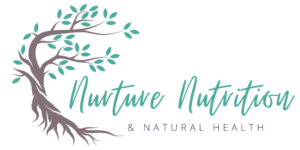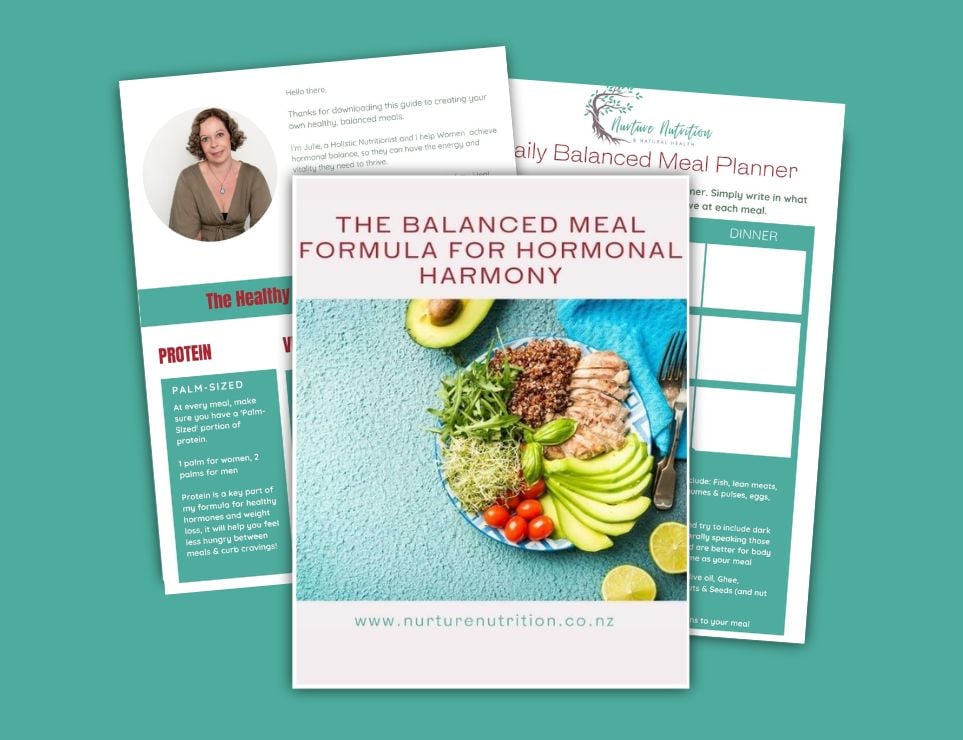While Part 1 was about explaining what insulin resistance is and why it is important when considering hormone balance and general health, Part 2 is all about reversing Insulin Resistance.
So how do I reverse Insulin Resistance?
Let’s break the Nutritional Recommendations down into two categories – Macro nutrients and Micro Nutrients.
Macronutrients
Macronutrients are our core building blocks when it comes to our Nutrition. These are Protein, Fats & Carbohydrates (also don’t forget your water!).
The first step here as mentioned in part 1 is to eat balanced meals, being sure to get adequate protein, especially at breakfast time.
Protein really is the most important macronutrient to consider when you get started as it will satisfy your appetite so you are less likely to need a pick me up later.
Micronutrients
Micronutrients are our vitamins and minerals. If you can get your meals balanced as per the balanced meal formula then you will find this part a lot easier as you will likely be getting plenty.
Preparation is key, especially with protein as consider how easy it is to find convenient carbohydrates yet much more difficult to find adequate protein on a whim. I have plenty of tools to help you with this if you struggle. I know you are probably very busy, that is actually a pre disposing factor too just so don’t forget lifestyle factors especially exercising (weight bearing – muscle building is the best) and whatever helps relieve stress for you.
The best Micronutrients to eat more of or supplement.
Magnesium
Magnesium is such an important mineral. I say it a lot but for good reason. Magnesium deficiency is associated with poor blood sugar balance and poor blood sugar balance increases the excretion of magnesium, so it is a vicious cycle. Magnesium also helps with sleep and reduces sugar cravings. Food sources include leafy green vegetables, wholegrains, and nuts.
Chromium
Chromium is a micronutrient that is needed to get insulin into cells. Chromium is found in wholegrains, fruits and vegetables, cheese, red and white meat (especially organ meats) and fish. Absorption like with many minerals requires an acid rich environment so stomach acid lowering medication has been linked to low levels of the mineral.
Vitamin C
Most animals produce vitamin c in response to stress, but humans lack the enzyme for final conversion so rely on nutritional sources. You can get adequate vitamin C through the foods that you eat but you need to eat vitamin c rich foods regularly.
Vitamin c has a similar structure to glucose, so they compete for uptake. You can find it in leafy greens, citrus, crucifers, capsicums and berries.
Vitamin D
Get adequate vitamin D. Vitamin D deficiency is corelated to both Insulin resistance and diabetes. You need adequate levels for glucose and insulin control.
Vitamin D is the ‘vitamin’ that we get from the Sun. Safe and controlled sun exposure or a supplement are the best sources.
Essential Fatty Acids
Essential Fatty Acids (EFA’s) especially the omega 3 series are needed for energy and glucose regulation. They help you to burn fat, help stop fat from being stored by quelling inflammation and helping the body use glucose.
The best source is fish and if you are not eating fish then fish oil. It is not all created the same though you want to make sure it has independent 3rd party testing for strength and purity (remember fish can be contaminated which can cause your minerals to be knocked out).
Links
If you missed Part 1 you can read it here
If you’d like the balanced meal formula you can download it here
If you want to get a personalised plan to support your goals and alleviate YOUR symptoms plus support to make sure the changes are sustainable for you, you can learn about working together on this journey here.





